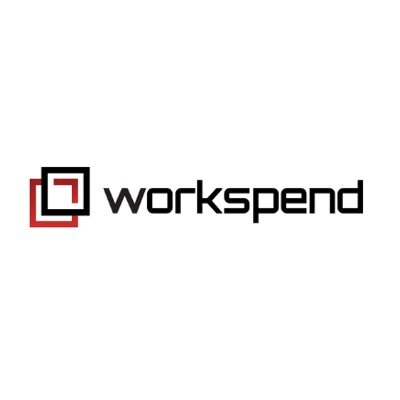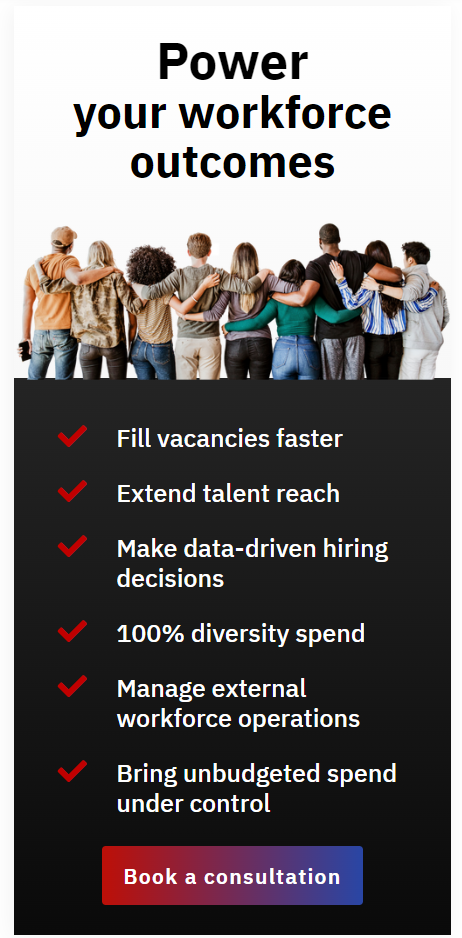Unboxing Inclusion
Employing individuals from different backgrounds, races, cultures, religions, and life experiences does not mean that your workforce is inclusive. A diverse workforce does not bring with it the levels of ‘fairness’ and open opportunity that civilized people would hope for their fellow humans. Talent strategists have to dig deeper and re-evaluate their approach to inclusion for diversity to go the last mile and genuinely open doors for everyone to enjoy equal opportunities in the workplace.
Diversity can just happen; inclusion never can
Diversity is in the news and it’s a topic that’s highly charged. With so much risk of bad press for businesses not taking diversity seriously, one hopes companies will do the right thing and adapt their behaviors.
Unless a 360 degree approach to the subject is taken, diversity in the workplace becomes a corporate platitude. It becomes one of those soporific boardroom sidebar conversations that never really penetrates the latent norms of behavior and median bias that exists in the management layer: It fails to have any real influence in the day-to-day decisions.
Why diversity is a business benefit
If you’re an executive with a particular mindset, it probably doesn’t matter how many articles you read on the subject about the great benefits diversity can offer organizations if you don’t want to believe it.
McKinsey’s latest roundup suggests that the subject of diversity and inclusion is certainly important to the US economy; with the potential to add $12tn in additional GDP if the gender gap is narrowed by 2025, generate $2bn in revenue if financial inclusion efforts broaden services for black Americans, and offer jobs to 160m women who may need to change jobs through 2030 due to automation.
As a woman-led diversity organization, Workspend is a Managed Service Provider operating in the contingent workforce management industry that knows from direct experience that diversity and inclusion strategy is an essential element to any business.
As a global business, we serve people in companies around the world who themselves come from different backgrounds. This means our team can relate to our customers and truly understand their challenges and circumstances because we have similar people from similar backgrounds somewhere in our workforce mix. It’s the simple things that make the difference; for example, recognizing that ‘preciseness and business-like in one culture can be seen as ‘abrupt edging on rudeness’ in another.
We see benefits every day in the creativity and productivity of our teams and our ability to blend different skills and perspectives from different backgrounds to align the best-fit individuals to the roles we employ in the business. Perhaps, we have an unfair advantage in that our industry demands a supplier organization that operates a rich blend of roles encompassing data and analytics, creative, administrative, project management, IT, and client communications competencies.
Three actions that turn ‘diversity’ into ‘diversity and inclusion’
1. Rework DEFINITIONS to rescope what diversity means
Our first recommendation is for talent leaders to encourage a discussion in the executive team on what ‘diversity’ means for the business. Yes, your definition might cover characteristics such as etnicity, race, gender, religion, etc. but what about HOW people think and the full extent of the employability age range? Additionally, does the whole team agree and buy into the scope of D&I as you see it? It’s remarkable what happens when you ask executives to write down the classes of diversity as they see it, only to realize just how limited this scope can sometimes be.
2. Rework BIAS to encourage acceptance of everyone’s differences
You won’t change hearts and minds without surfacing the unconscious biases that exist. Sometimes, it pays to look externally to have a consultant lead the charge in this transformation. Companies like Awaken, an experiential D.E.I. workshop company in Oakland, California, can help you to orchestrate an inclusive intervention that exposes unconscious bias operating at all levels of the organization to transform your diversity and inclusion strategy.
Awaken offers employers work sessions taught over the course of months, that combine large group activities, self-reflection and small group conversations, focusing on themes like exploring identities, overcoming microaggressions, thoughtful ally-ship, and, most recently, inclusive language.
3. Rework BEHAVIORS to broaden management perceptions of what inclusion means in a way that influences behaviors
Managers have a habit of working with people who think and work like themselves and come from a similar background. One of the challenges they face when recruiting is getting to grips with the personality behind the individual and whether they have ‘what it takes’ to succeed.’ It’s quite natural for people to feel they can understand individuals better when they are ‘like themselves.’
Final Thoughts
D&I won’t happen in your organization by itself. That means it’s for talent leaders to carry the torch and encourage self-reflection in management teams on how to turn a ‘D’ strategy into a ’D&I’ strategy.
To aid you in your journey, you will find a wealth of resources for D&I information on sites like McKinsey&Co., the Society for Human Resource Management and Harvard Business Review. Additionally, reviewing Google Scholar for the latest research on D&I also offers a wealth of valuable insight.
Learn more about Workspend’s approach to diversity
ABOUT THE AUTHOR

Ian Tomlin is a management consultant and writer on the subject of enterprise computing and organizational design. He serves on the Workspend Management Team. Ian has written several books on the subject of digital transformation, cloud computing, social operating systems, codeless applications development, business intelligence, data science, office security, customer data platforms, vendor management systems, Managed Service Provisioning (MSP), customer experience, and organizational design. He can be reached via LinkedIn or Twitter.
FURTHER READING
3 Ways Analytics Drive Results in Contingent MSP Programs
Your success starts with empowered decisions, fuelled by data-driven insights enabling you to unlock greater potential from your MSP. These three powerful tactics let you achieve real results.
Navigating Workforce Management: To MSP or Not to MSP?
Should you handle the management of their contingent workforce internally or partner with an MSP? In this article, we delve into the intricacies of this decision, exploring both sides of the argument.
Is it Time to Invest in Workforce Analytics?
Published : January 11, 2024Is it Time to Invest in Workforce Analytics?In the dynamic landscape of today's business world, staying ahead isn't just an advantage; it's an absolute necessity. Workforce analytics has emerged as a pivotal tool for forward-thinking...





